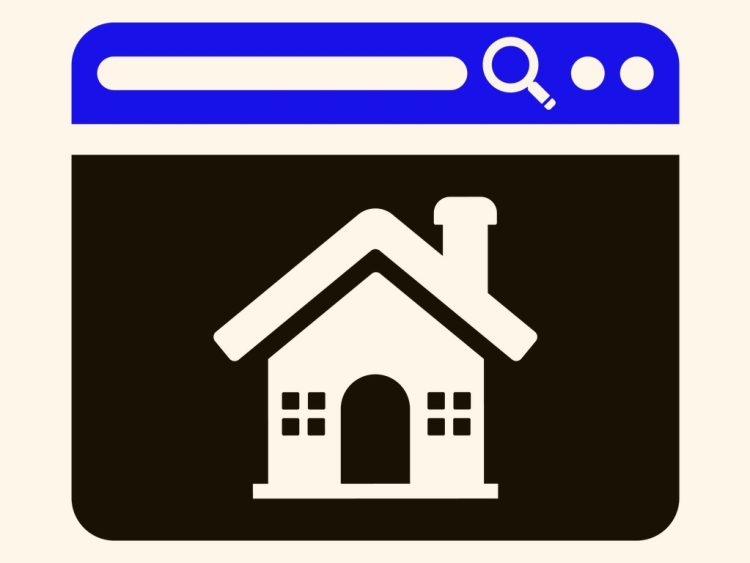Zillow looks like it is in no immediate danger of losing its spot as the number one real estate portal in the U.S., despite recent controversies, with Q2 earnings coming in hot and traffic continuously growing.
Zillow’s earnings report for Q2 saw revenue clock in at $655 million, up 9.5% from $598 million last quarter and up 15% year-over-year. According to the company, Q2’s revenue “outperformed the residential real estate industry’s year-over-year total transaction value growth of 2%.”
In terms of Zillow’s For Sale business, revenue was up 5% from $458 million in Q1 to $482 million in Q2, and was up 9% year-over-year. Residential property made up $434 million of this revenue, and $48 million was from mortgages.
The rental business saw a revenue of $159 million, up 23% from $129 million last quarter and 36% year-over-year. Zillow said that gains in this revenue were “primarily driven by multifamily revenue growing 56% year over year.”
Zillow also noted that traffic to its apps and websites was up 5% year-over-year to 243 million average monthly unique users, and visits were up 4% year-over-year to 2.6 billion.
On the company’s earnings call, CEO Jeremy Wacksman attributed Q2 growth and continued success to Zillow’s commitment to “building that truly integrated, digitized end-to-end transaction experience.”
“We are successfully executing on our for sale strategy to deliver an easier streamlined, tech enabled and integrated transaction experience across Zillow with innovative products and services that solve problems for everyone involved in the move,” he continued.
Specifically, Wacksman pointed to products such as Zillow Home Loans and BuyAbility, New Enhanced Markets, AI-powered Smart Messages and Follow-Up Boss, recently launched Sky Tour, Showcase and the Housing Super App.
Zillow has consistently been making headlines as of late due to the controversies surrounding the company’s newer listing standards, one such being the lawsuit filed against the company by Compass. In a recent rebuttal to Compass’s accusations of conspiracy with Redfin and eXp to suppress competition, Zillow said in a filing that the listing standards were a “unilateral decision” made in order to preserve Clear Cooperation.
When asked about if the company has seen the listing standards influencing their platform or agent ecosystem during the earnings call, Wacksman responded that Zillow is “quite pleased to see the vast majority of the industry agrees with our listing standards.”
“We’ve crafted (the standards) to work alongside the listing cooperation rules that many MLSs and brokers already practice,” he continued. “We love to see that the entire industry really has been encouraged to formally implement what they most already believe: that if you’re going to market a listing publicly to some consumers, you should market it to all consumers.
Wacksman noted that it’s a “huge consumer benefit” for buyers to see all inventory available and for sellers to get maximum exposure.
“We are really pleased that early on we’ve seen the majority of the industry largely adopt these standards,” he added.
Additionally, Zillow is facing legal claims related to its fast expansion into rentals, with rival CoStar alleging the company took advantage of listings photos copyrighted by CoStar to grow multifamily market share. Zillow had not yet responded in court to this lawsuit at press time.
Looking ahead, with a crisis in housing continuing, Zillow—like many other companies—said it is expecting a slowdown in the housing market in Q3, but are “planning to grow through that.”
“We’re gaining share and for sale, we’re gaining share in rentals and we’re doing that because the strategy we’re putting together allows us to build great products and services for the consumer and for the professional,” said Wacksman. “They choose to use us and our stuff more often, and that drives transaction share for us and for our agent partners.”
“At some point the housing market will become a growth tailwind, but we plan to grow regardless,” he concluded.












